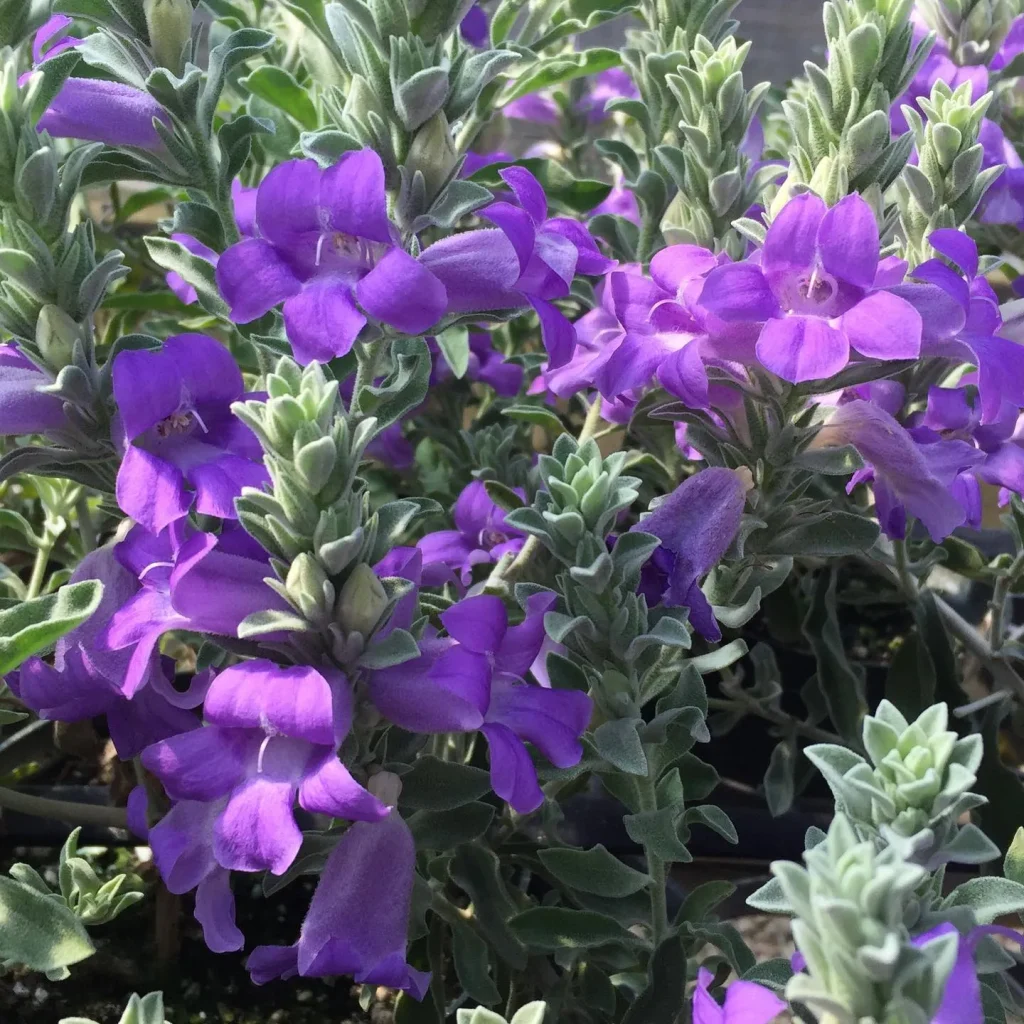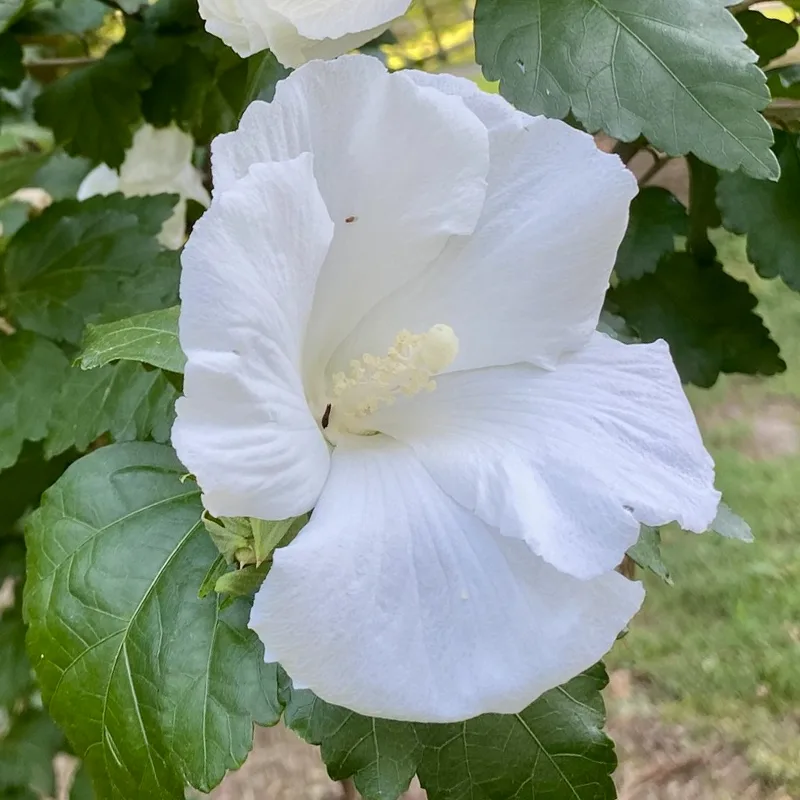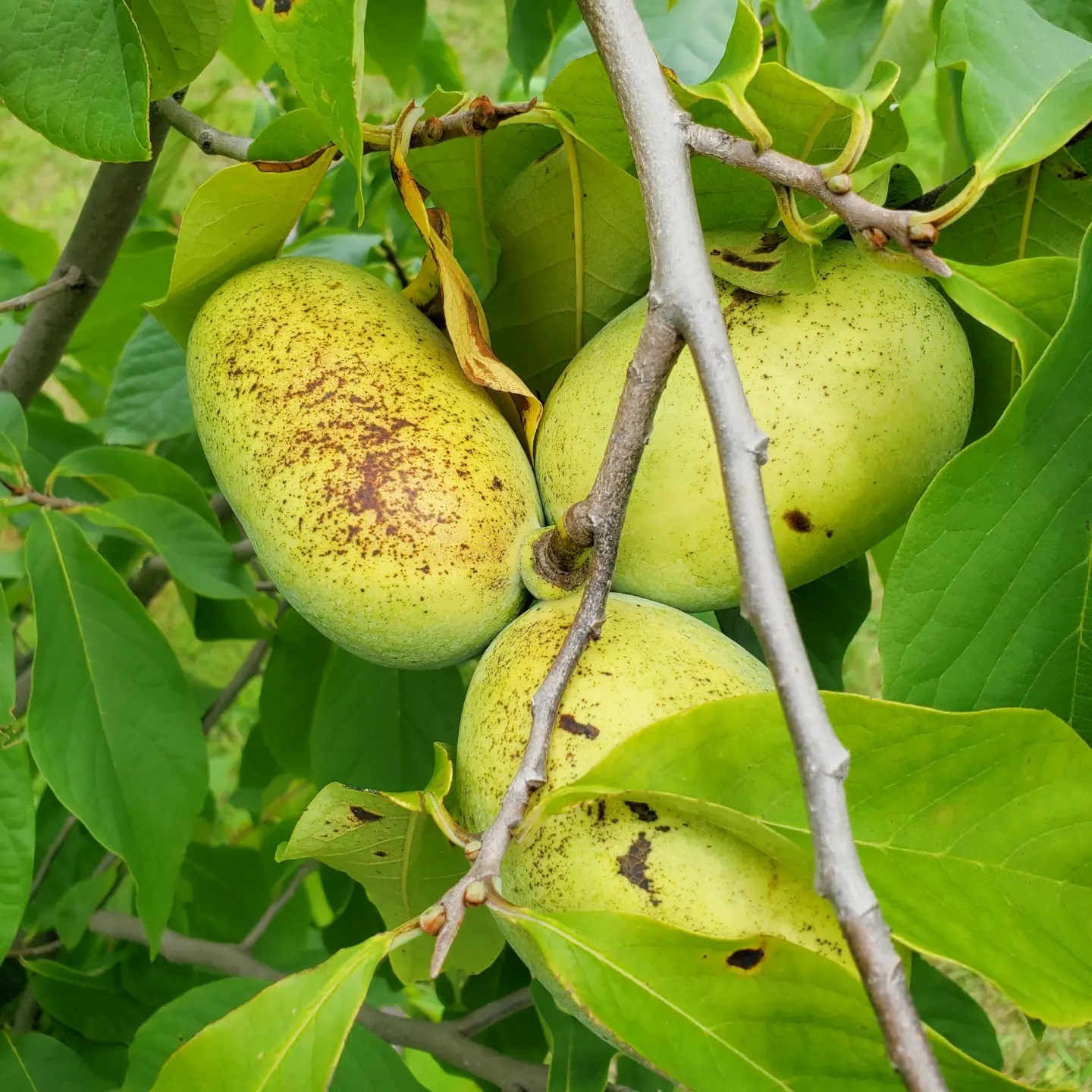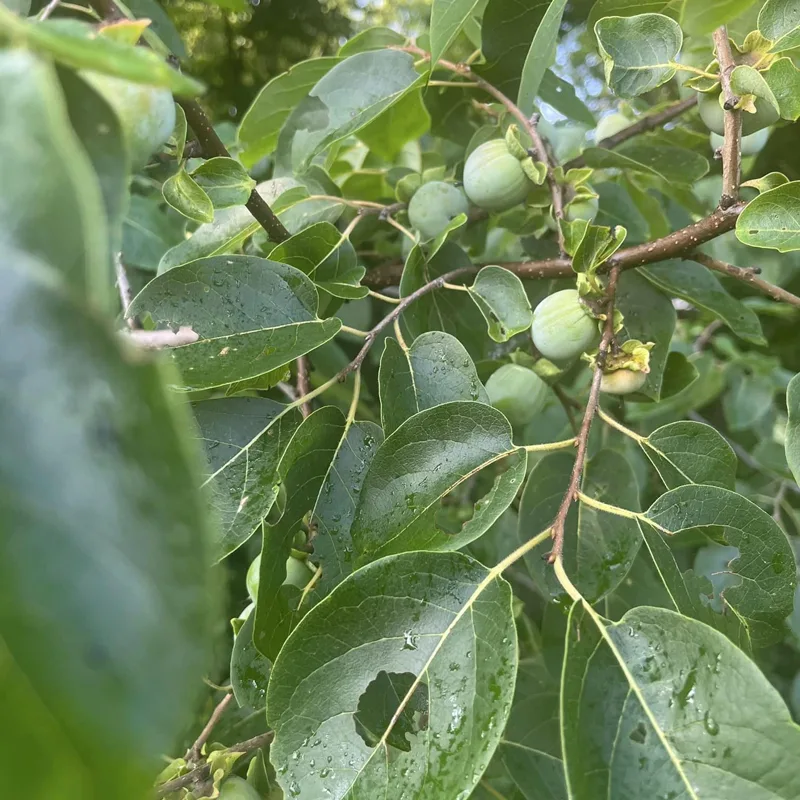
My Journey with Ginger
Ginger, scientifically known as Zingiber officinale, has been a staple in my kitchen and garden for as long as I can remember. This humble rhizome has not only flavored countless dishes but also brought a myriad of health benefits into my life. Today, I want to share my experiences and insights on ginger—its uses, benefits, and how it has become an indispensable part of my life.
Discovering Ginger’s Versatility
The first time I encountered ginger, I was captivated by its distinctive aroma and pungent, spicy taste. Whether grated into a stir-fry, brewed into tea, or sliced thin for a garnish, ginger has an uncanny ability to elevate any dish. Over the years, I’ve used ginger in savory dishes like curries and soups and in sweet treats like gingerbread and candied ginger.
What fascinates me most is ginger’s global appeal. From Indian chai to Japanese pickled ginger (gari), its versatility bridges cultures. I often wonder how a single root can carry such culinary significance across continents.
Growing Ginger in My Garden
Cultivating ginger has been one of my most rewarding gardening ventures. I started with a simple piece of fresh ginger from the market, choosing one with plump, healthy “eyes.” After soaking it overnight, I planted it in a pot with well-draining soil and partial sunlight.
Within weeks, green shoots emerged, a testament to ginger’s resilience and adaptability. The plant requires minimal care—just consistent watering and occasional fertilization. Harvesting my own ginger, still fresh with its earthy aroma, felt like a small triumph.
Ginger’s Health Benefits
Over the years, ginger has earned a reputation as a natural remedy, and I’ve personally experienced its benefits. Whenever I felt a cold coming on, a hot cup of ginger tea with honey would soothe my throat and clear my sinuses. Its anti-inflammatory properties have also helped me manage occasional muscle soreness.
One of ginger’s most well-known benefits is its ability to ease nausea. Whether it’s motion sickness or an upset stomach, ginger has been my go-to remedy. Research also suggests that it can aid digestion, reduce bloating, and even lower blood sugar levels.
The Science Behind Ginger
The active compounds in ginger, particularly gingerol, are what make it so powerful. Gingerol is a bioactive substance with antioxidant and anti-inflammatory properties. These qualities explain ginger’s effectiveness in reducing pain and improving overall health.
I’ve also read about studies exploring ginger’s role in reducing cholesterol and improving heart health. Knowing that this simple root can support such vital functions adds to my appreciation of it.
Ginger in Everyday Life
Incorporating ginger into my daily routine has been seamless. Every morning, I brew a pot of ginger tea with a dash of lemon—my ritual to kickstart the day. On hectic afternoons, a quick stir-fry with ginger, garlic, and vegetables becomes my comfort food.
I also love experimenting with ginger in unexpected ways. For instance, blending it into smoothies or infusing it into syrups for cocktails adds a refreshing twist. These small innovations keep my culinary adventures exciting.
Sustainability and Ginger
Ginger is not just beneficial for personal health but also for the planet. It’s a sustainable crop that grows well in various climates and requires minimal resources. By growing my own ginger, I feel a deeper connection to the environment and take pride in reducing my carbon footprint.
FAQs
What is ginger good for?
Ginger is a superfood with a whole host of benefits! Here’s a breakdown of why you might want to make it a regular part of your life:
Digestive Aid: Ginger has been used for centuries to settle upset stomachs. It can help combat nausea (think pregnancy or motion sickness), ease indigestion, and reduce bloating.
Inflammation Fighter: Gingerol, the active compound in ginger, has anti-inflammatory properties. This can potentially help manage pain from conditions like arthritis or sore muscles after a workout.
Potential Immune Support: Ginger has some antioxidant and antimicrobial properties which might give your immune system a little boost. There’s a reason it’s a common ingredient in cold and flu remedies!
Other Potential Benefits: Some studies suggest ginger may help with: Lowering blood sugar levels
Reducing menstrual pain
Protecting against certain types of cancer (though much more research is needed)
How to make ginger tea?
I love making ginger tea, especially when I have a scratchy throat or a cold coming on. I usually peel a thumb-sized chunk of ginger and slice it into thick coins. Sometimes I’ll even smash them a bit to release more of the ginger flavor. I boil water in my kettle, add the ginger to my favorite mug, and top it with the hot water. I let it steep for a good 5-10 minutes and add a bit of honey for sweetness. The warmth is so soothing, and the little kick of the ginger always makes me feel a bit perkier.
Can dogs eat ginger?
While I personally love ginger, I’ve heard it’s safe for dogs in small quantities, but I wouldn’t want to take any chances with my furry best friend. I’ve read that it might be good for their digestion and help with nausea, but the kind of ginger we typically eat is pretty potent for their smaller size. I always play it safe and stick with dog-specific treats, or maybe offer my pup a bit of plain pumpkin if their stomach is upset. I figure it’s better to be safe than sorry when it comes to my dog’s health!
How to grow ginger?
I’ve always wanted to grow my own ginger! A friend of mine successfully grew some in her garden a while back, and I thought it was the coolest thing. She started with a piece of ginger from the grocery store, one of those gnarled-looking rhizomes with little bumps. She planted it in a pot with rich soil, making sure the bumps faced upwards. I watched hers sprout over the summer, with big, lush leaves. I’m hoping to give it a try myself this year – it seems like the perfect project to spice up my balcony garden.
Does ginger ale have caffeine?
Honestly, I’m not entirely sure about the caffeine content in ginger ale. I know it always makes me feel refreshed, but I’ve never thought about it having an energy kick like soda. I’m thinking most brands of ginger ale likely don’t have any caffeine, especially since it’s seen as a tummy soother. That being said, I bet there are a few exceptions out there, so I should probably start checking the labels more closely!
Is ginger beer alcoholic?
It’s a bit confusing with ginger beer, isn’t it? The name throws you off! I used to always assume ginger beer was just like a spicier version of root beer, but then a friend told me it was originally alcoholic. Nowadays, though, most of the ginger beers you’ll find at the store are non-alcoholic, just fizzy and gingery goodness. Still, there might be a few brands out there that retain the old-fashioned brewing style and have a little bit of alcohol content, so I always take a look at the label just to be sure.
How to grate ginger?
My favorite way to grate ginger is using a microplane. Those little razor-sharp teeth make quick work of even the toughest ginger root. I usually peel the ginger first, but if I’m going to use it in a dish where it’ll be cooked down, I sometimes skip that step. I find ginger can be a little slippery, so I make sure to hold it firmly while I run it across the grater. I always end up with a perfect pile of fluffy grated ginger, ready to add some warmth and zing to whatever I’m cooking up!
Is ginger beer gluten free?
While it would be nice if things were that simple, the answer about ginger beer being gluten-free is a bit tricky. True, old-fashioned ginger beer made with just ginger, sugar, and water is naturally gluten-free. But, things get complicated with modern variations and different brands. Some add flavorings or other ingredients that could contain gluten. It’s frustrating, but my best bet is to always check the label carefully before having one – better to be safe than accidentally get glutened!
Can dog eat ginger?
I’ve heard mixed things about dogs and ginger. Apparently, ginger in small amounts might be okay and even offer some health benefits for them, like helping with nausea and digestion. But, I’m always super cautious about giving my pup anything new, especially something that can be pretty strong like ginger. Plus, there’s always the risk of digestive upset if the dosage is off. It’s one of those things where I’d rather stick to dog-specific treats and snacks, or chat with my vet before trying ginger with my furry friend.
Is ginger a vegetable?
While I always thought about ginger as a spice, it gets a little surprising! Technically, ginger is a root vegetable, or more specifically, a rhizome. Rhizomes are those underground stems that grow horizontally. So, even though you might find that knobbly ginger root in the spice aisle, it actually comes from the base of the ginger plant itself! It’s pretty cool how something we think of as a spice has that whole other botanical identity.
Ginger vs Redhead
I’ve found that the vibrant color of redhead hair always catches my eye, but nothing compares to the warmth and spicy kick of fresh ginger in my cooking.
Ginger vs Galangal
In my kitchen, I often swap galangal for ginger when I’m aiming for a more citrusy, piney flavor, though ginger’s heat and versatility usually win me over.
Ginger vs Strawberry Blonde
While strawberry blonde hair has a unique, subtle charm, I still prefer the bold, zesty punch that ginger adds to my teas and dishes.
Ginger vs Turmeric
I use turmeric for its earthy, slightly bitter notes, but ginger’s spicier, more aromatic quality often steals the show in my recipes.
Ginger vs Ginseng
Ginseng’s earthy bitterness is interesting, but I always reach for ginger when I need a punch of spice and a little extra zing in my meals.
Ginger vs Mary Ann
Mary Ann’s charming personality reminds me of the soothing warmth of ginger, though ginger’s actual flavor tends to spice things up more than Mary Ann’s down-to-earth appeal.
Ginger vs Green Tea
Green tea offers a delicate, soothing taste that I enjoy, but when I need something with more of a kick, ginger’s spiciness and warmth are my go-to.
Ginger vs Brunette
I admire the rich, natural tones of brunette hair, but for a bold and invigorating flavor in my dishes, ginger’s spiciness is always my top choice.
Final Thoughts
Ginger (Zingiber officinale) is more than just a spice or a plant to me—it’s a companion in my journey toward health, flavor, and sustainability. Its bold taste and myriad benefits have made it indispensable in my life.
Whether I’m planting a rhizome, sipping ginger tea, or tossing it into a dish, I’m reminded of how nature provides us with simple yet powerful tools to enhance our lives. For anyone looking to embrace a healthier and more flavorful lifestyle, ginger is a wonderful place to start.
So, if you haven’t already, I encourage you to explore the world of ginger. Let it surprise you, as it has surprised me, with its versatility and vitality. It’s a small root with an immense impact, and it’s one that I’ll continue to cherish for years to come.
If i die, water my plants!



